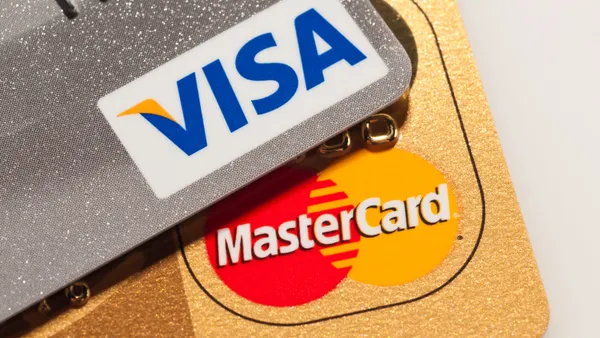Earned wage access provider Tapcheck is integrating its EWA software with Workday’s human resources services as part of an ongoing effort to expand its business to millions of additional employees.
The company announced Friday that it has achieved certified integration status on the Workday Marketplace, which allows companies using Workday’s human capital management platform to access solutions for their employees’ needs.
Such integrations with HR software systems allow for a larger pool of potential new EWA users and also provide increased financial and technical efficiencies for both employers and EWA companies, Tapcheck Chief Executive Ron Gaver said in a May interview at the company’s headquarters in Plano, Texas.
“With the flip of a switch, through the software … we want to enable it to millions of employees,” he said of the company’s move into HR integrations versus separate one-off employer connections.
Earned wage access – also known as on-demand pay – allows workers to tap their earned income before a regularly scheduled payday, generally without costs for employers. These payments typically cover hourly employees, such as those working in restaurants, hotels, and home health care, with EWA giving employers a means to retain and recruit lower-wage workers.
Most EWA providers charge a fee to employees to receive money instantly – it’s $3 to $5 at Tapcheck – or will offer a free option for slower access that is usually within one or two business days.
Workday says its platform is used by around 11,000 organizations globally, including 60% of those listed in the Fortune 500. Tapcheck works with about 4,000 companies including Hilton Worldwide Holdings, McDonald’s, Planet Fitness and Taco Bell.
Privately held Tapcheck, which raised $25 million in new funds from PeakSpan Capital in April, declined to reveal any financial data. The company is profitable, Gaver said.
Tapcheck rolled out a similar integration in April, embedding its EWA tools within payroll software from Viventium, a provider of payroll, human resources and compliance solutions based in Berkeley Heights, New Jersey.
About 500,000 healthcare workers are covered by Viventium’s cloud-based payroll platform, the companies said. Tapcheck will pursue additional payroll integrations, Gaver said.
The Workday partnership “represents a significant advance towards cultivating financially resilient and content employees, which ultimately enhances recruitment, retention, and overall business success,” Gaver said in a press release shared with Payments Dive.
Larger EWA competitors, such as DailyPay and Payactiv, also seek to integrate their solution with numerous payroll and HR platforms. San Jose, California-based Payactiv, for example, says it works with seven of the largest HR software companies, including ADP, Oracle and Workday.
A spokesperson for New York-based DailyPay, another large EWA provider, said most payroll companies that operate a marketplace will typically have multiple EWA vendors for employers to select among. DailyPay integrates with about 200 payroll systems, he said by email this week.
HR marketplace-based flexibility also offers companies a simpler path for switching their EWA provider. Since early 2024, more than half of Tapcheck’s new customers have shifted to it from another EWA company, asserted Gaver, who co-founded the company with his wife, Kayling, in Los Angeles six years ago.
“From our perspective, the market is really pretty much open,” Gaver said. “It’s about 80 million hourly employees in the U.S., and maybe 15% of them right now have access to earned wage access. Eventually, it will be something that everyone has. It’s going to be kind of a utility that is going to be a plug-in to payroll and also time-attendance systems.”
States are gradually beginning to regulate EWA providers, with Arkansas, Maryland and Utah adding to the collection this year. Last year, the Consumer Financial Protection Bureau sought to regulate EWA providers under federal lending laws, a move that fintechs opposed.
However, under the Trump administration, the CFPB has been reversing many of its prior policies. In January, the bureau rescinded a 2020 advisory opinion classifying certain EWA products as credit. It has not yet addressed the Biden administration’s July 2024 interpretative rule on EWA.
This story has been updated to correct the spelling of Tapcheck co-founder Kayling Gaver’s name.













